Back
Arcane
Hey, I'm on Medial • 1y
In 1976, a young Bill Gates, fresh out of college and co-founding Microsoft, developed an amazing software called an interpreter. This crucial piece of code, acting as a translator between programmer and computer, significantly simplified programming for early, bulky personal computers. The story takes an interesting turn when we consider how Gates envisioned monetization. He saw the interpreter's value and priced individual licenses at $150. However, a passionate community of tech enthusiasts, known as hobbyists, began freely sharing the software. Gates, frustrated by the lost revenue, penned a now-famous open letter accusing them of "stealing." But these hobbyists were building the very first personal computers in their basements and garages. They argued that the free exchange of ideas and software was essential for the nascent PC industry to take root. Without this collaboration, they argued, the personal computer revolution might never have reached our homes.

Replies (1)
More like this
Recommendations from Medial
UBED
On my way to Buildin... • 1y
Bill Gates & Paul Allen founded Microsoft in 1975. They developed software for personal computers, including BASIC for IBM PC. Windows 1.0 was released in 1985, followed by Windows 95, 98, XP, Vista, 7, 8, & 10. Satya Nadella became CEO in 2014, shif
See More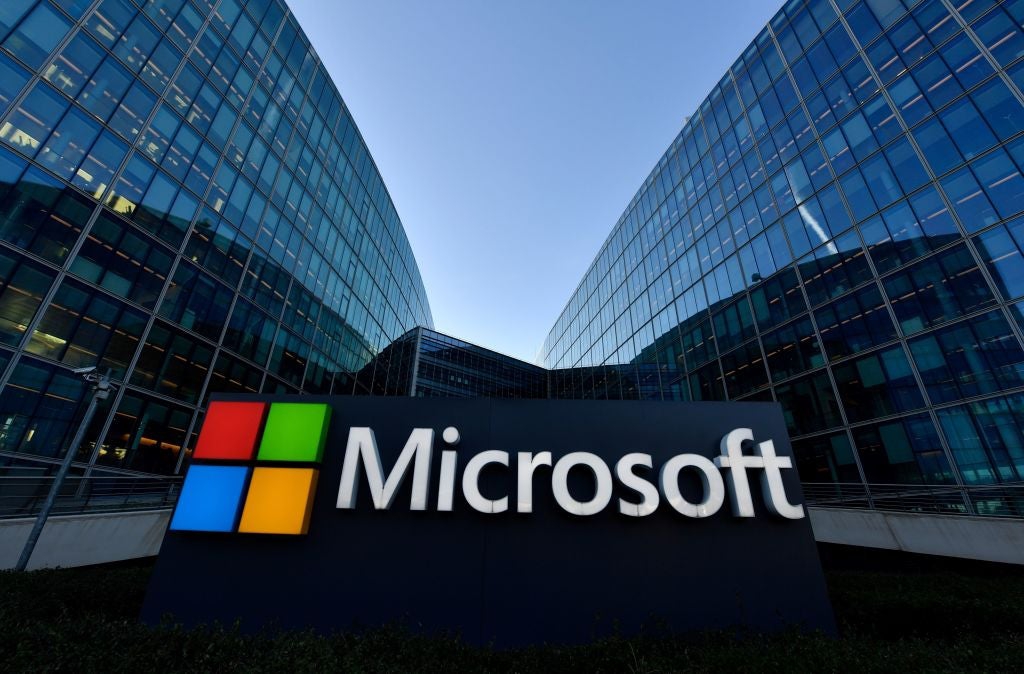
Rahul Das
Product and analytic... • 1y
In 1968, Bill Gates attended one of the few high schools globally with a computer, a rare one-in-a-million chance. This access led to the founding of Microsoft, as Gates noted in a 2005 speech. His best friend, Kent Evans, equally talented, faced
See MoreVasvi Seth
Cyber Security Stude... • 1y
🖥️ Understanding Computer Booting: BIOS vs. UEFI When you power on your computer, it's more than just pressing a button. The process involves two essential microchips: BIOS (Basic Input/Output System) and UEFI (Unified Extensible Firmware Interface
See MoreDownload the medial app to read full posts, comements and news.


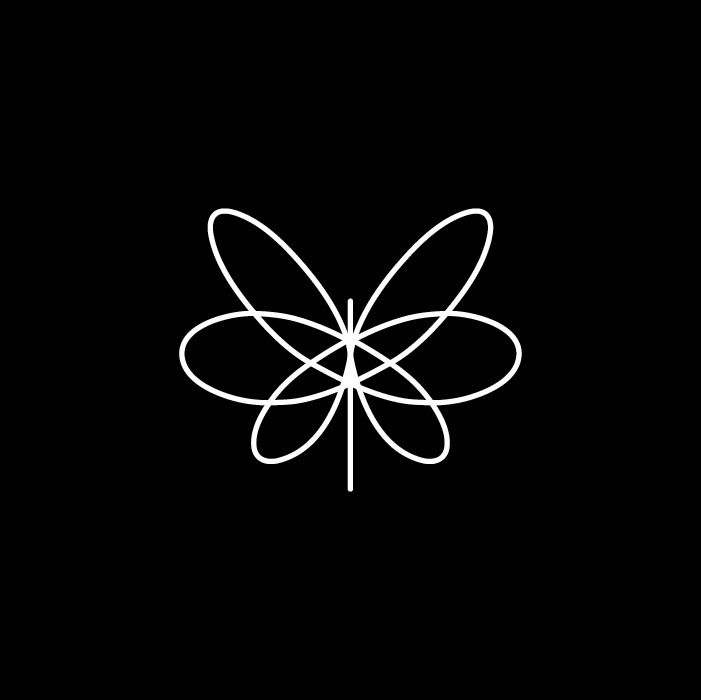



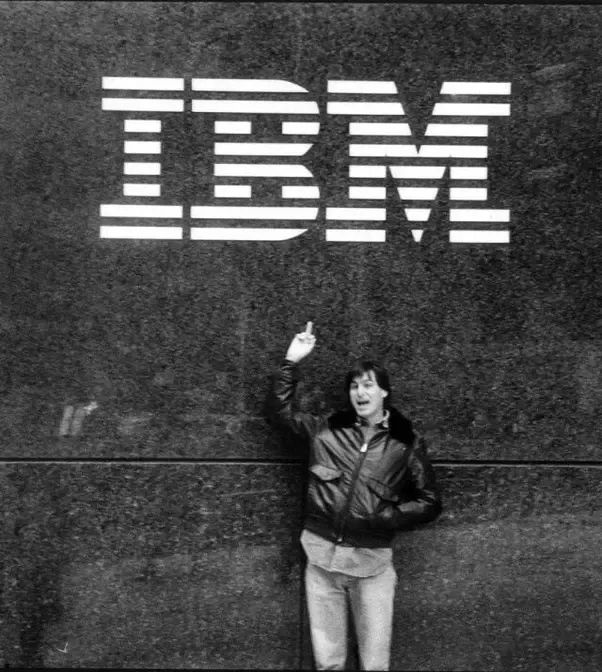
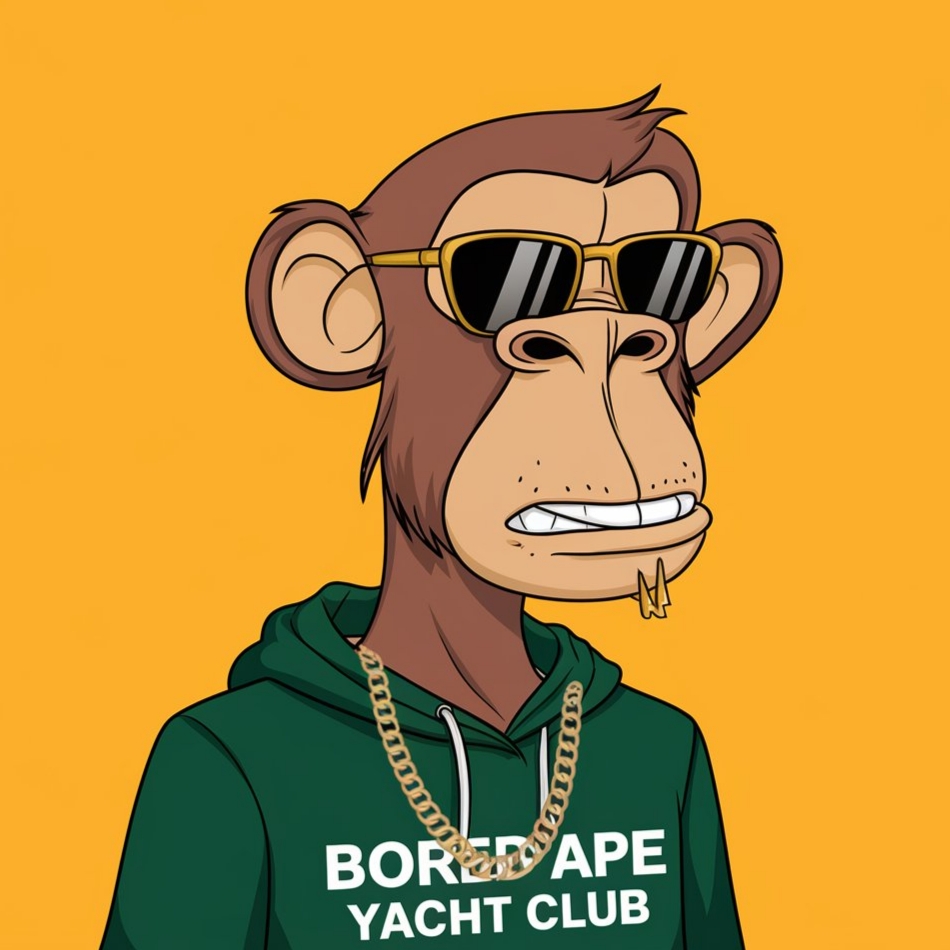

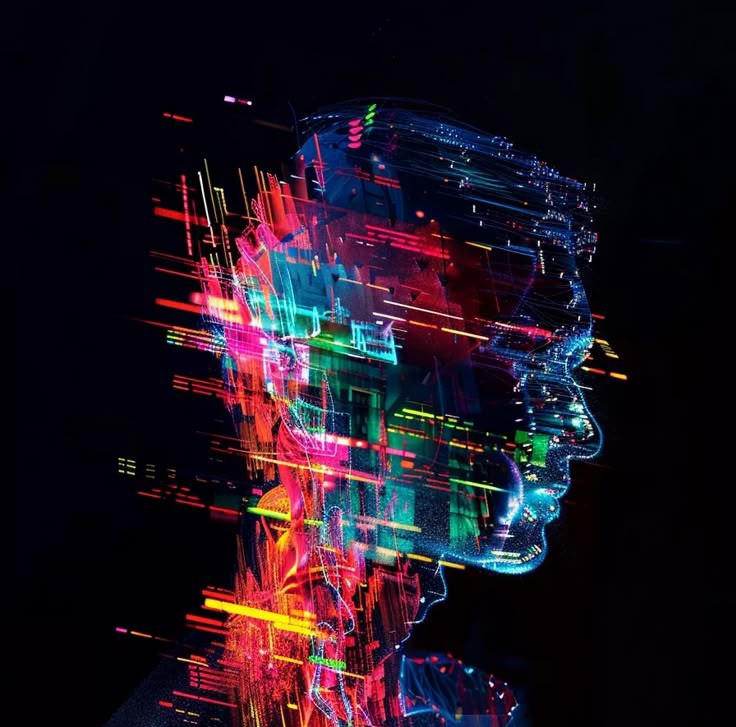

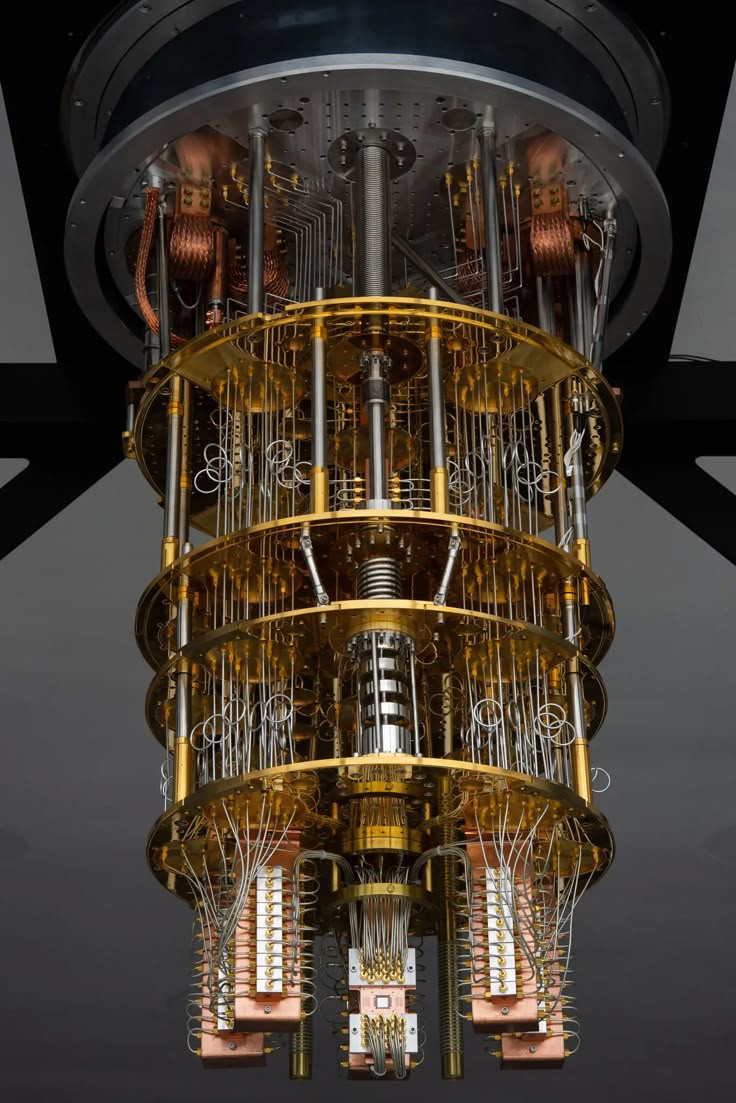
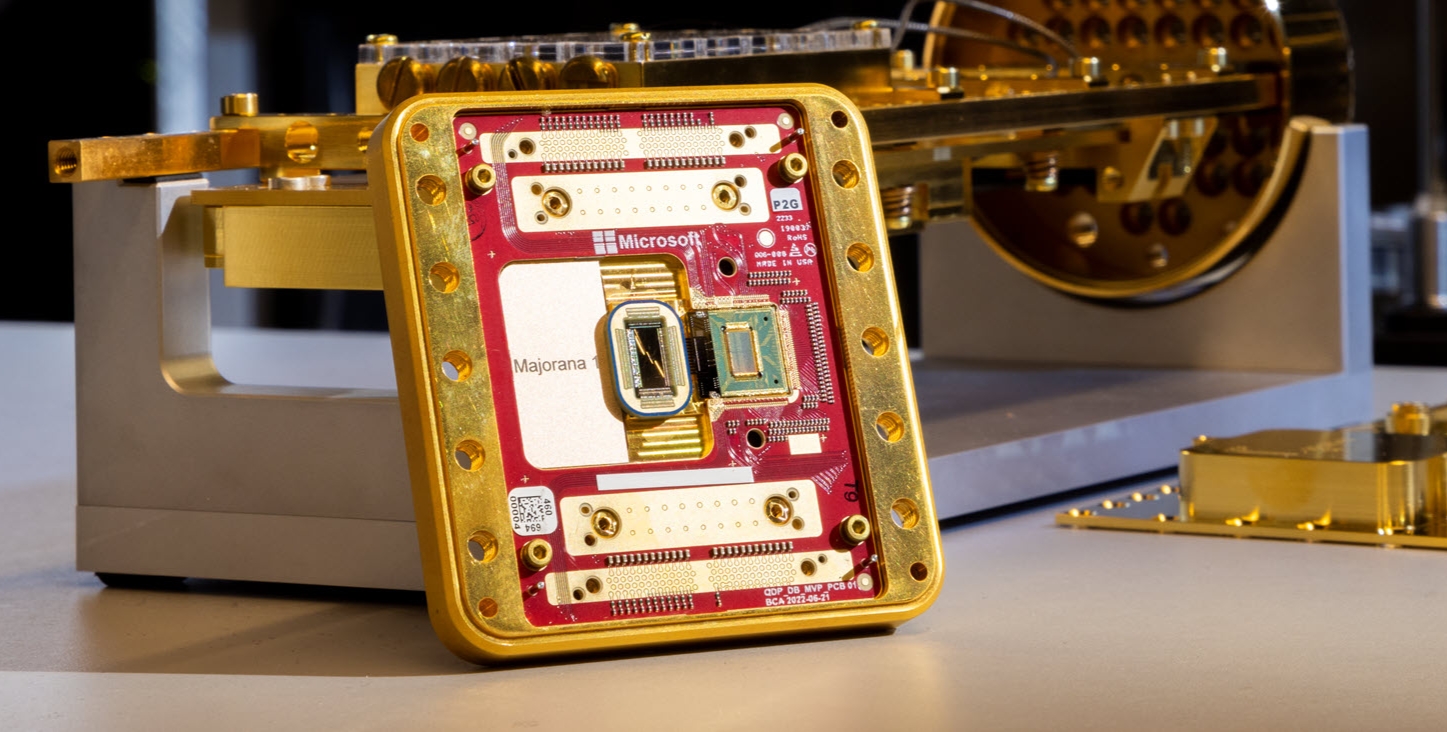
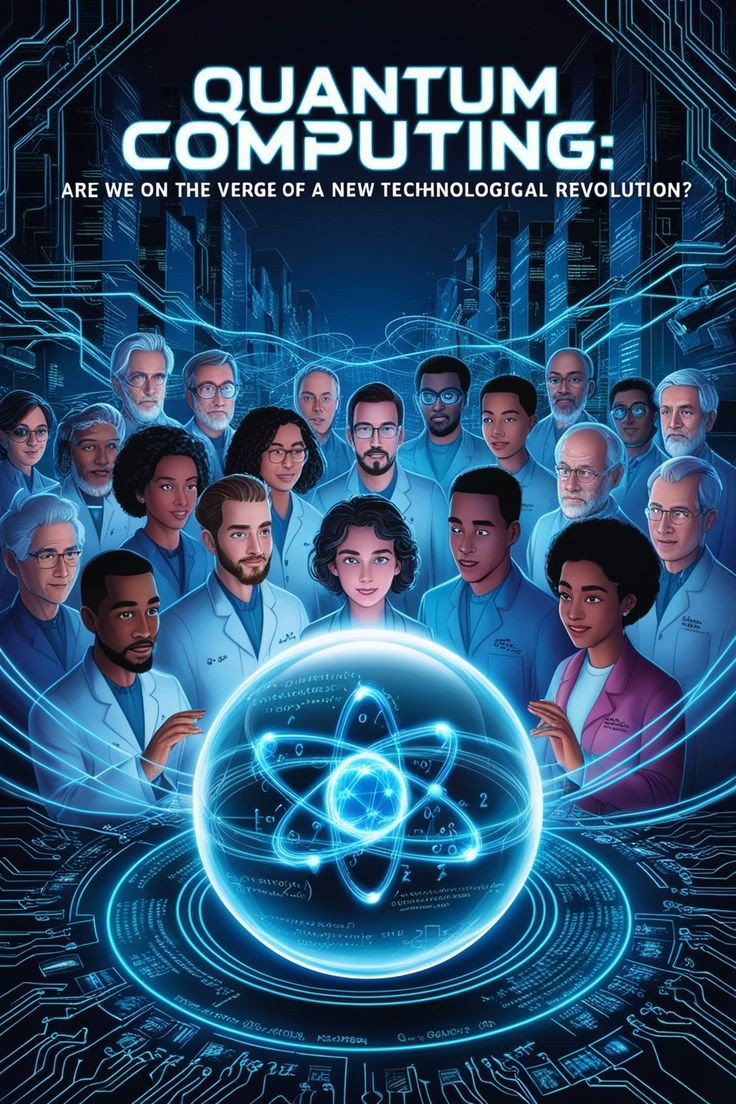
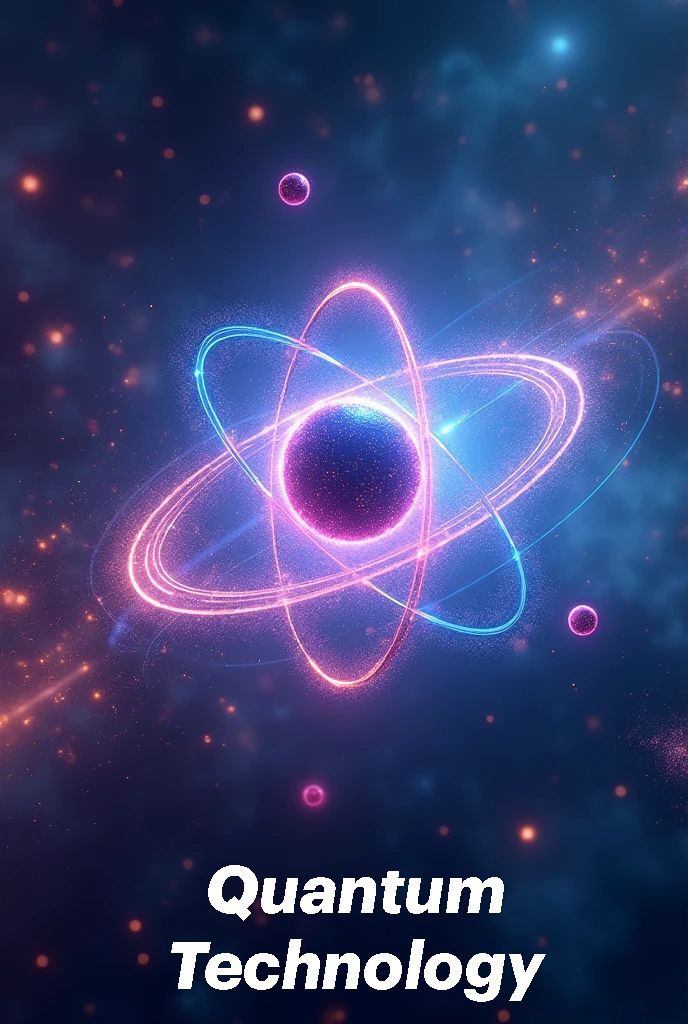








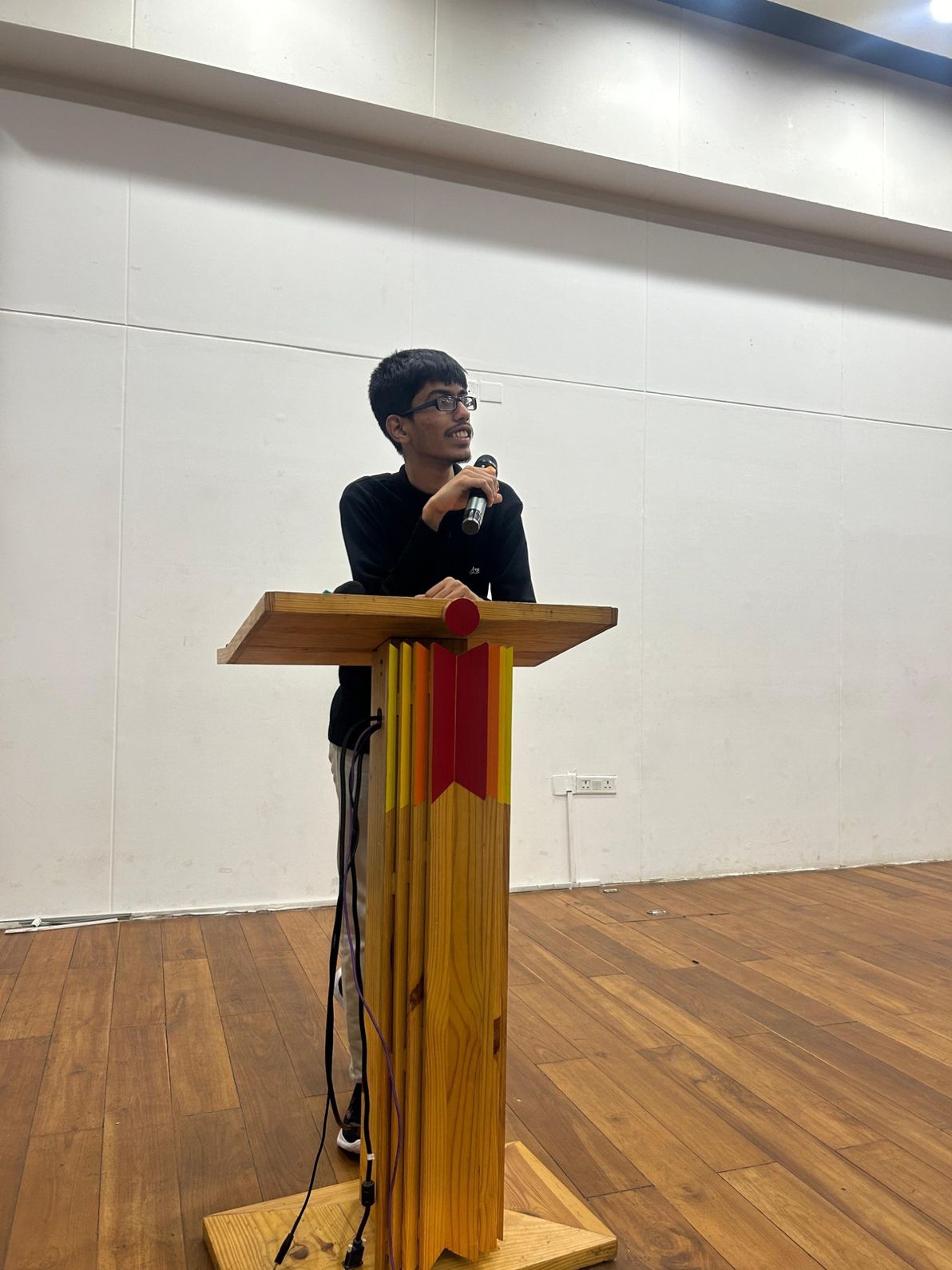
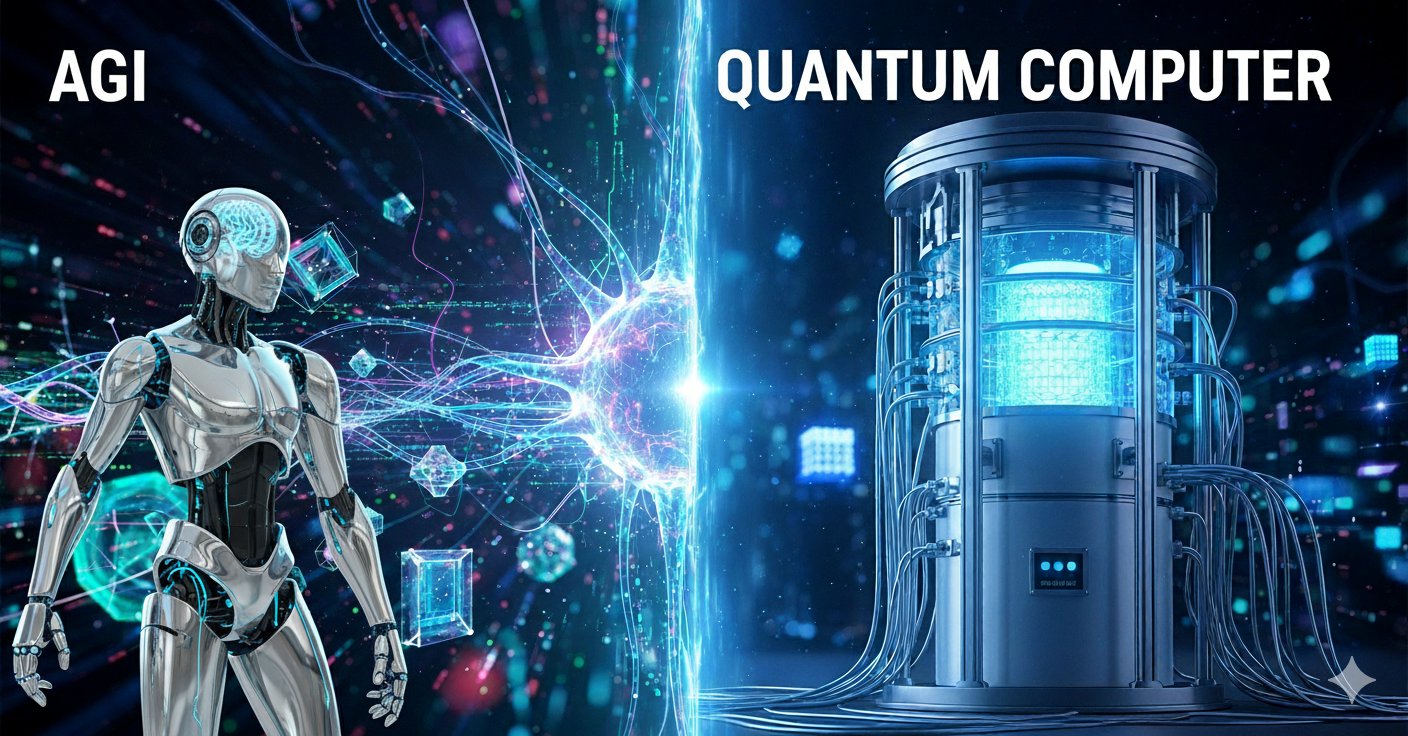

/entrackr/media/post_attachments/wp-content/uploads/2021/08/Accel-1.jpg)


















